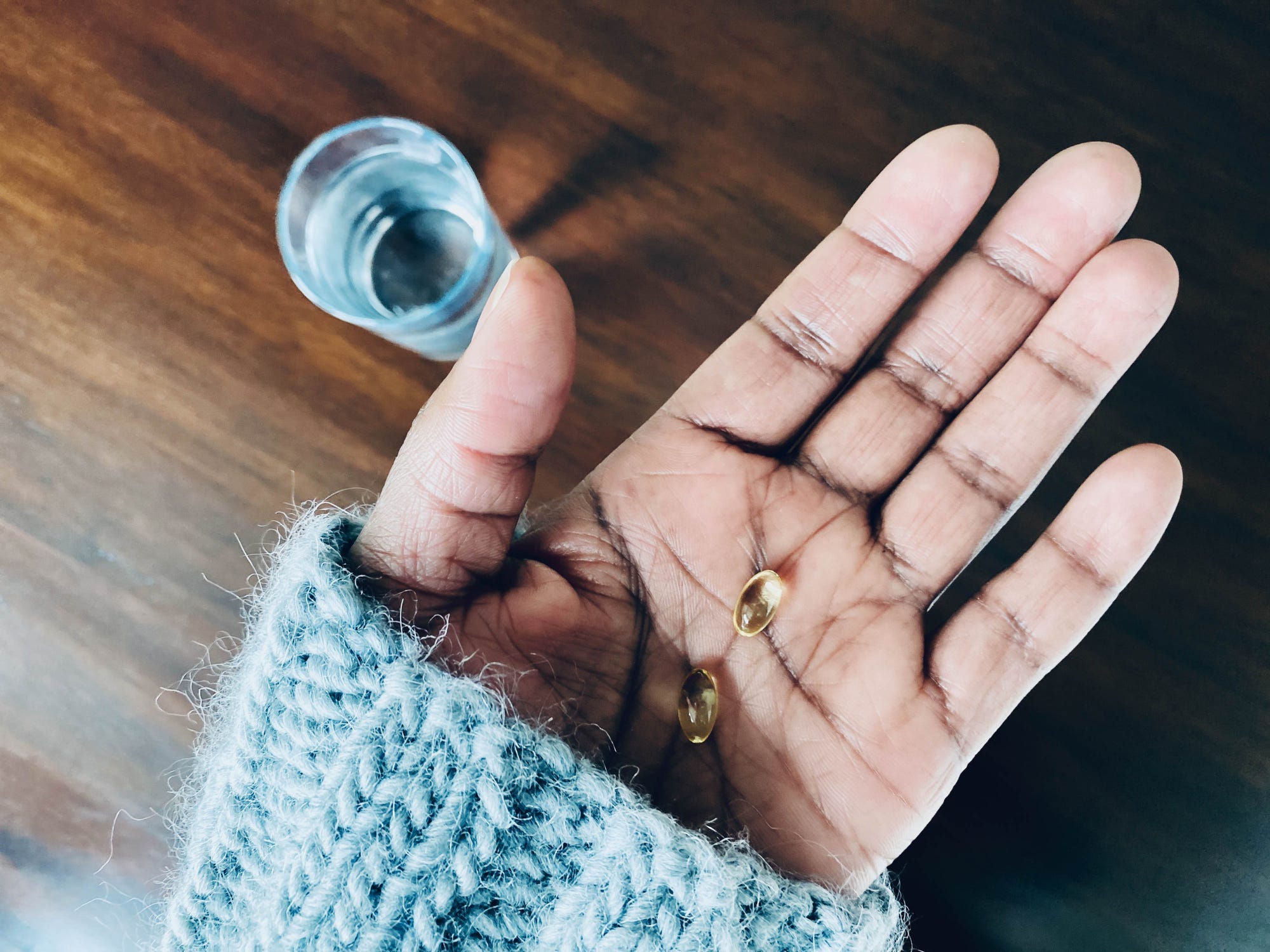
- Dietary supplements like vitamins and herbal extracts may be natural, but that doesn’t make them safe.
- Medical experts say their patients often have liver damage and other side effects from taking too many supplements.
- All supplements can be risky because they’re unregulated, but highly-concentrated antioxidants and potent bodybuilding products can be particularly harmful, according to a liver expert.
- Visit Insider’s homepage for more stories.
Natural wellness supplements may not be as healthy as they appear.
In large doses, or combined over time, they’re a frequent cause of liver damage and even serious illness.
Experts are warning that they’ve seen patients taking risky amounts of these types of supplements, particularly highly-concentrated doses of antioxidants.
Many people use dietary supplements derived from familiar plants and herbs assuming that if it’s natural, it’s safe even in concentrated doses, as Dr. Rebecca Shatsky, an oncologist at the University of California San Diego, recently laid out in a Twitter thread.
—Rebecca Shatsky, MD (@Dr_RShatsky) January 3, 2021
Even people who consider themselves to be healthy and informed about wellness, such as athletes, yogis, or vegans, can make this mistake, Shatsky said.
But intensive regimens of pills, powders, and the like can lead to liver damage, or even organ failure requiring a transplant.
"You can name almost any supplement and find a case study," Dr. Victor Navarro, a hepatologist (liver specialist) with Einstein Healthcare Network, told Insider.
To avoid the risk, it's not enough to steer clear of particular brands or products, he said. The industry's lack of transparency and legal oversight means unlabeled ingredients can end up in the most innocuous-seeming supplements.
And even things we know are healthy, such as antioxidants, can be quickly become harmful if combined in large enough doses.
Supplements aren't regulated, so it's tough to know what you're really getting
The main risk of supplements, including vitamin products, is that they aren't regulated by any government agency, such as the FDA, that would ensure safety and quality.
Read more: Vitamins and supplements won't protect you from the coronavirus despite immune-boosting claims
That also means that there's no one to enforce accurate labeling. Supplements might contain ingredients that aren't listed, or doses that differ from what's on the package.
"It comes down to 'buyer, beware' because the government doesn't say," Navarro said.
Avoid concentrated extracts, which can lead to massive doses
Even if a product is accurately labeled and high-quality, it still isn't risk free. Supplements often rely on natural ingredients or plant compounds such as polyphenols and antioxidants. While these are regarded as healthy, supplements routinely include extracts that might be 50 times stronger than what you'd find in food.
If you're taking more than one supplement, these compounds can add up quickly. And such high doses can have serious side effects like liver damage, and even higher risk of chronic illness.
"Some people may interpret natural as being perfectly safe, but even natural substances in massive doses can be harmful," Navarro said.
Steer clear of big promises of weight loss or muscle gain
Navarro said that two major categories of high-risk supplements are those marketed for bodybuilding, or to either help with muscle gain or fat loss. While these aren't perceived as "natural," they can still be mistakenly perceived to be safe because they're so easily available in nutrition stores and online.
But some formulas promising to boost energy, increase strength or get you shredded can contain amphetamines and anabolic steroids, according to Navarro. These can cause liver damage, tumors, and other health issues.
Some, but not all, of these are illegal, but they can still find their way into products, according to warnings from the FDA.
Even if the product doesn't contain a banned substance, the best case scenario is that these marketing claims are overstating, and you're just wasting your money, Navarro added.
"There's very little scientific proof that [the products] can live up to those claims and virtually no claims like these are based in evidence," he said.
For a safer way to boost your workout, stick to brands you trust and those that are evaluated by a third party for purity and label accuracy.
Then, know which ingredients are helpful, and which to avoid. Caffeine, creatine and beta alanine are among the most popular workout supplements, with extensive research supporting their safety and effectiveness. But even these can cause serious side effects if used in excess. Caffeine overdose, for instance, can be fatal.
If you're going to use them, do so only in moderation and stick to the recommended dose.
When in doubt, ask your doctor
While many people use supplements to try to enhance their lives in some way, or even treat health complaints, Navarro said it's best to avoid doing so unless you check with a healthcare professional first.
"If you don't need it, don't take it," Navarro said. "A normal, healthy person does not need vitamin supplements. It's not like your body can be deficient in green tea."
That doesn't mean you have to cut out everything, even green herbal tea, for instance, or spices like turmeric. In the small doses typically found in a tea infusion or culinary context, these are likely to be perfectly safe.
"It's situations where people get their hands on these, extract the essence and put that [concentrated dose] into a patient where you start to see the problem," Navarro said. "I don't think they were ever intended to be used this way."
